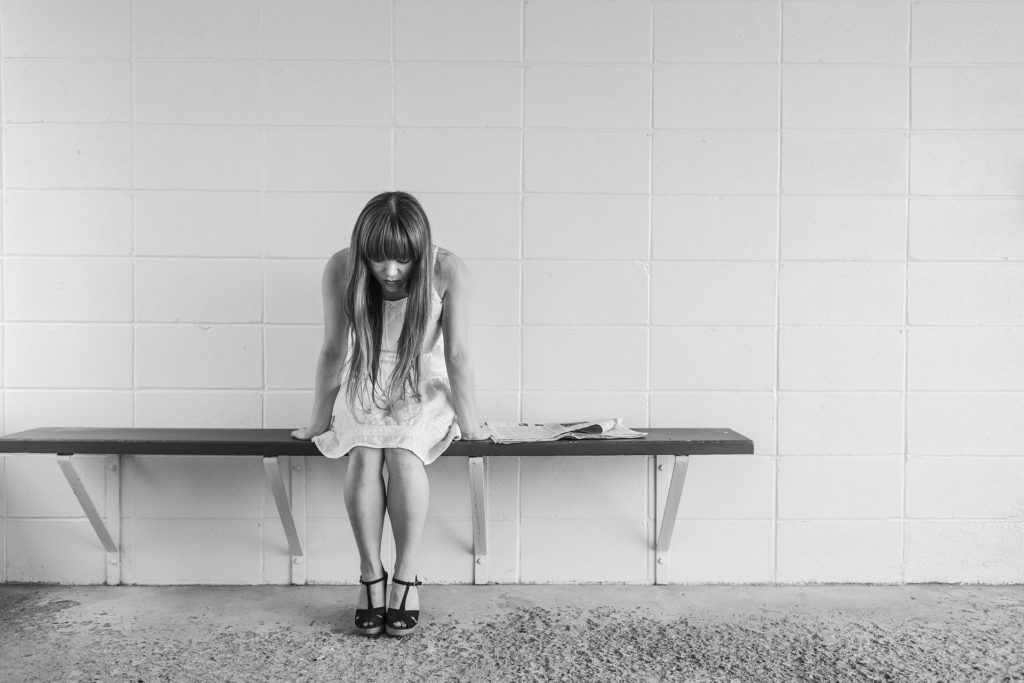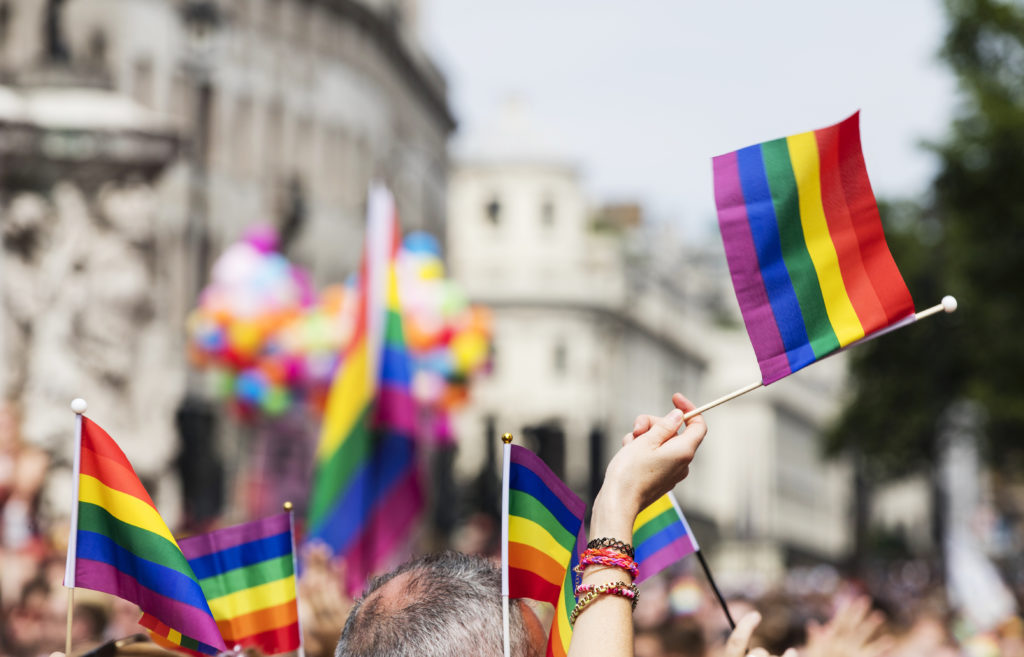A recent report conducted by the Australian Human Rights Commission (Change the Course: National Report on Sexual Assault and Sexual Harassment at Australian Universities) surveyed more than 30,000 students from Australia’s 39 universities and found that over half (51%) had been sexually harassed on at least one occasion in 2016. Furthermore, 6.9% of students were sexually assaulted on at least one occasion in 2015 or 2016.
Warning – the following article discusses sexual harassment and assault.
What were some of the report findings?
The report (which outlined findings on the prevalence of sexual assault and sexual harassment at Australian universities, and also investigated the effectiveness of existing university policies and services) also revealed that a significant proportion of sexual harassment experienced by students had taken place in a university setting, including:
- on the university campus
- while travelling to or from university
- at an off-campus event organised by or endorsed by the university, and
- at university employment (Australian Human Rights Commission).
Women were reported as three times as likely as men to have experienced sexual assault – and two times as likely to have experienced sexual harassment – in a university setting in 2016.
However, despite the fact that over half of students experienced sexual harassment or assault in 2016, the report also found that the vast majority of students (94% of students who were sexually harassed, 87% of students who were sexually assaulted) did not lodge a formal complaint to their university.
Of all students surveyed, only 6% believed their university was doing enough to provide students with clear information on sexual harassment support services, procedures and policies. Only 4% of students thought their university was doing enough in relation to sexual assault.
You can find and read the full report here.
Listen to Triple J’s Hack program discussing the findings:
Changing the Course – Recommended Actions
To address the issue, recommendations for change were put forward:
Australian universities must take greater responsibility
The report recommends universities begin implementing solutions, installing advisory bodies and developing action plans to directly address issues of sexual harassment and assault.
Existing university policies should be reassessed and redeveloped, with universities asked to commission independent reviews within a year.
Educating students & teachers
Many students who experienced incidents did not speak up because they weren’t sure to whom to turn, where to go and what steps to take to file formal complaints.
Universities must place greater emphasis on educating teachers and students on “behaviours that constitute sexual assault and sexual harassment, consent and respectful relationships, ‘violence supportive attitudes’ and bystander intervention” (Australian Human Rights Commission). They must clearly articulate to students and teachers the proper actions to take when witnessing or experiencing incidents of sexual harassment or assault, and where to access services.
Greater emphasis should also be placed on changing negative attitudes and behaviours within university settings.
Protecting students
Many students who experienced sexual assault or harassment avoided making formal complaints or reports to their universities as they did not feel their experiences were serious enough to warrant complaint. Others were afraid of perceived and existing stigmas or having their identities be revealed. The report recommends that universities:
- ensure reports are collected and stored confidentially
- give students greater control over what happens to their reports
- ensure the immediate well-being of students
- provide support for students to continue their studies
- accommodate the needs of students from diverse backgrounds
(Australian Human Rights Commission).
For further recommendations, read the full report.
Why speak up against sexual harassment & sexual assault?
Because we need to break the stigma.
Unfortunately, unhelpful stigmas create unhealthy cultures of silence, stifling the voices of people who have experienced one or more incidences of sexual harassment or assault. However, conversations lead to action. Remember – there’s absolutely no shame in seeking support, or providing support to others in need. If you need help, don’t be afraid to reach out.
(Read ABC News student stories: Zee and James)
Because communication, consent and respect for others are important.
Because everybody has the right to feel safe within their community.
According to the report, “51% of students who were sexually assaulted, and 45% of students who were sexually harassed knew some or all of the perpetrators”, whilst “a majority of students who had witnessed an incident of sexual assault or sexual harassment failed to take any action in response”(Australian Human Rights Commission). These results highlight the need for universities to provide further education and provisions when it comes to students and teachers feeling safe to speak out, knowing which actions to take, where to go and who to speak to about sexual harassment or assault.
Universities should be safe spaces for all. Whether inside or outside university grounds, nobody is ever deserving of sexual harassment or assault.
Sexual assault support services
If you’ve experienced, or are currently experiencing, sexual assault and/or harassment, don’t feel afraid to reach out to family, friends, counselling or support networks for guidance and support.
University Services
In response to the findings of the report, universities should from this point forward be making greater efforts to strengthen policies, provide students with more information and improve their support services. Ask your university what dedicated hotlines, counselling and/or support services are available. (See also: our article on accessing health services and counselling).
National Support Hotlines
National University Support Line: 1800 572 224 (until November 30, 2017)
A new national support network established in direct response to the recent reports. The National University Support Line is a 24 hour helpline for students who have experienced (or are experiencing) sexual assault and sexual harassment in their student community.
Contact hours: 24 hour support
1800 RESPECT: 1800 737 732
The National Sexual Assault & Domestic Family Violence helpline offering counselling and guidance.
Contact hours: 24 hour support
Lifeline: 131 114
National helpline providing support for people experiencing a personal crisis, offering crisis support and suicide prevention services.
Contact hours: 24 hour support
Online live chat hours: 7pm – 4am
Beyond Blue: 1300 224 636
Non-profit organisation providing immediate support, guidance and information addressing anxiety, depression and suicide, reducing stigma and promoting good mental health.
Call contact hours: 24 hour support
Online live chat hours: 3pm – 12am
Email: Get a response within 24 hours





